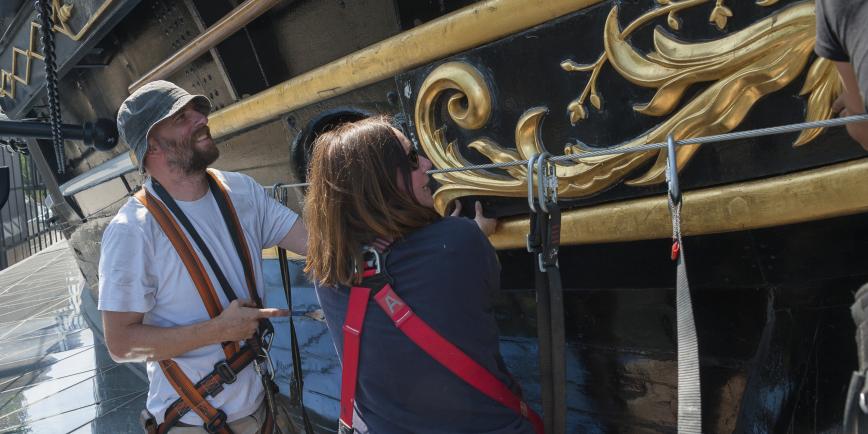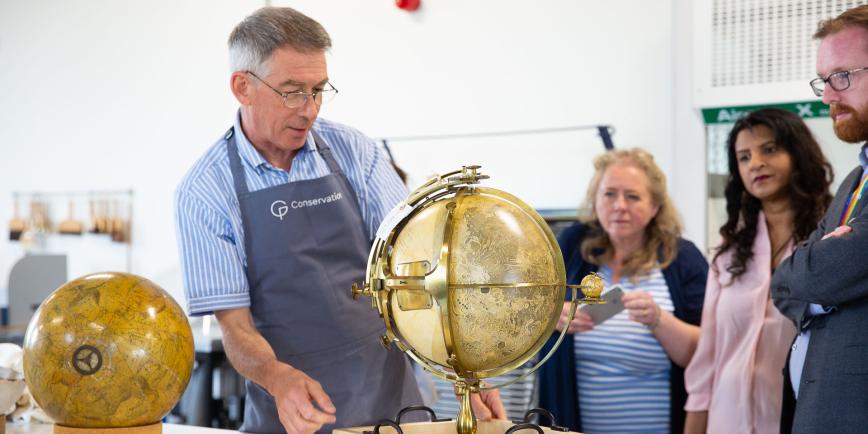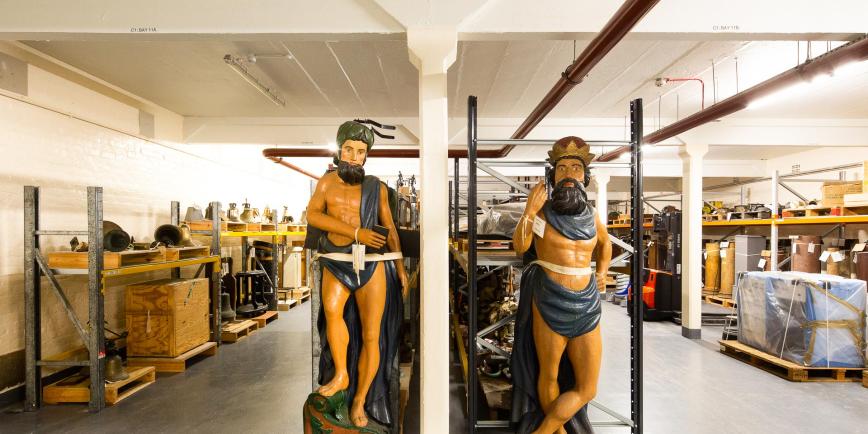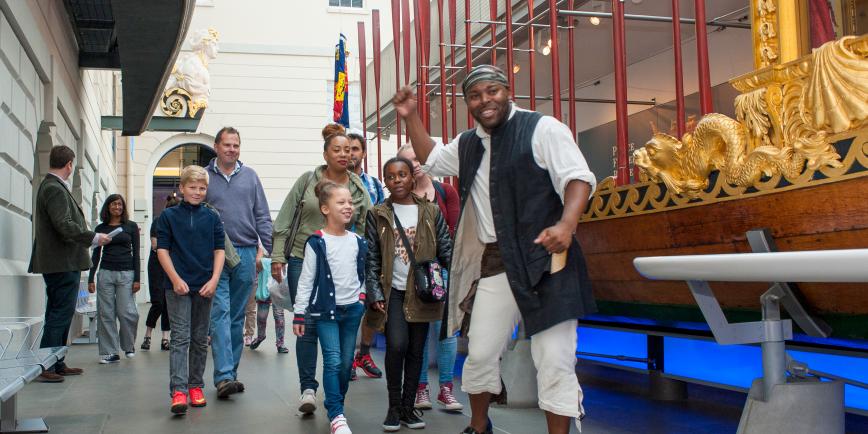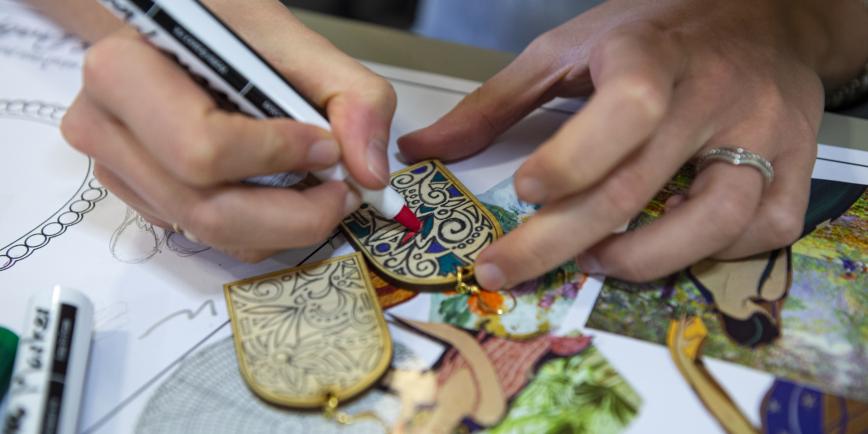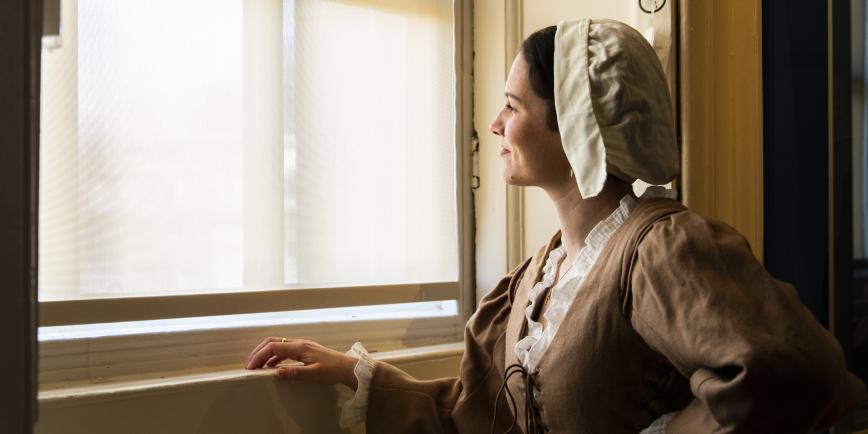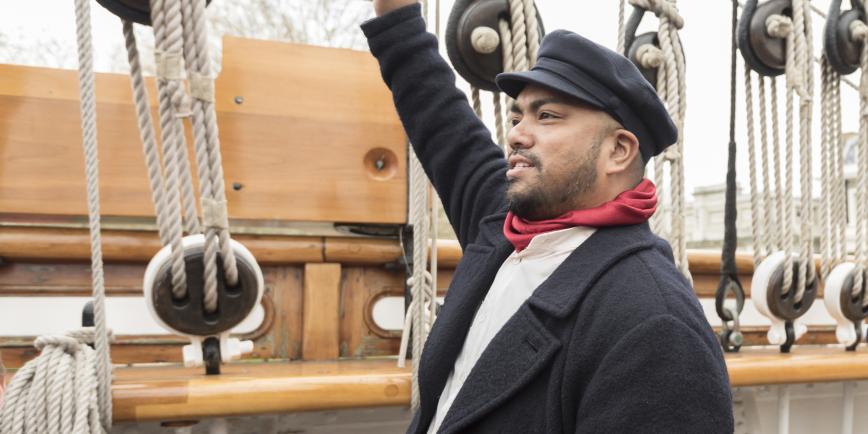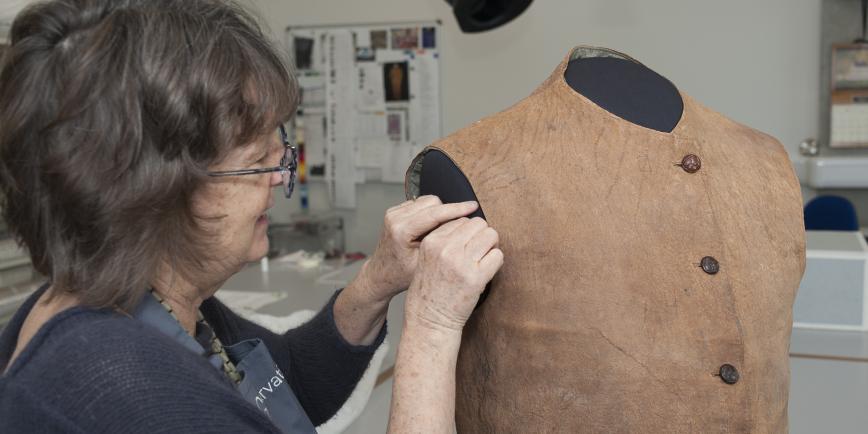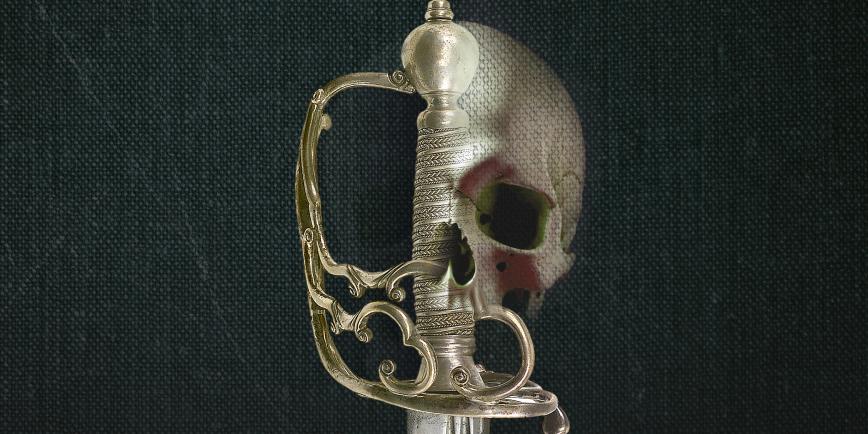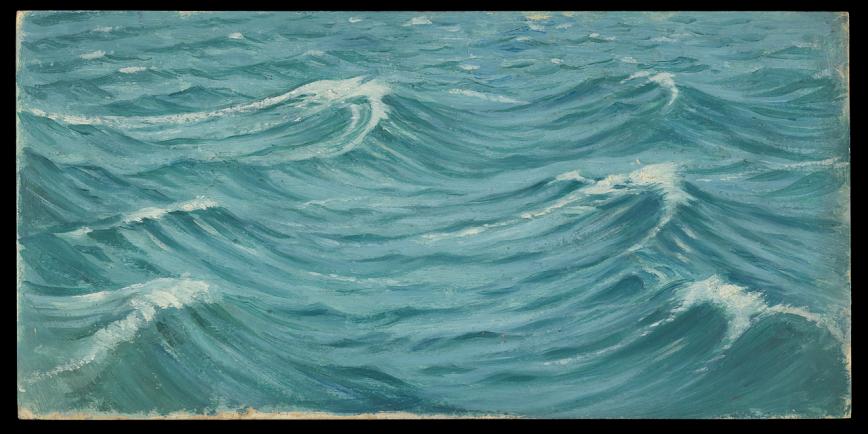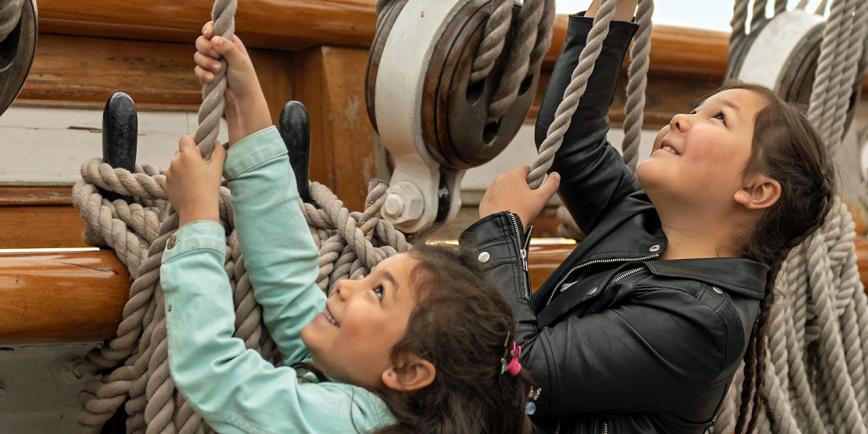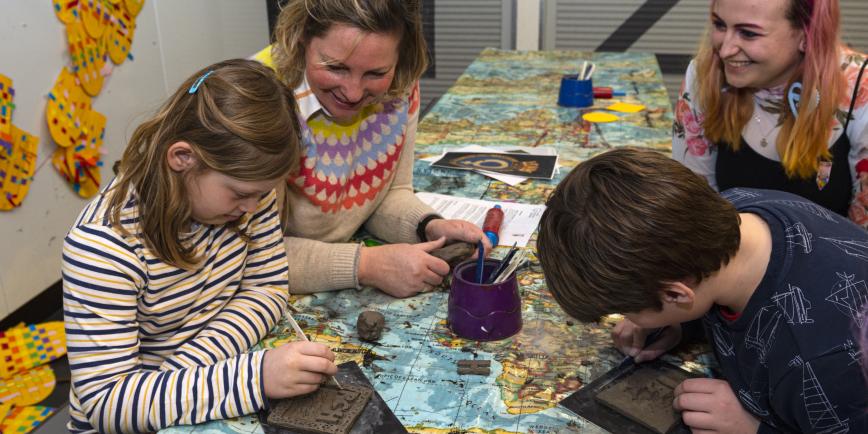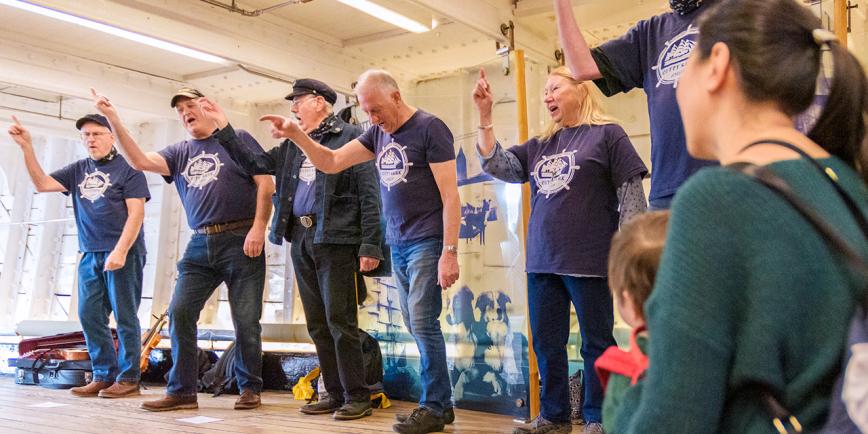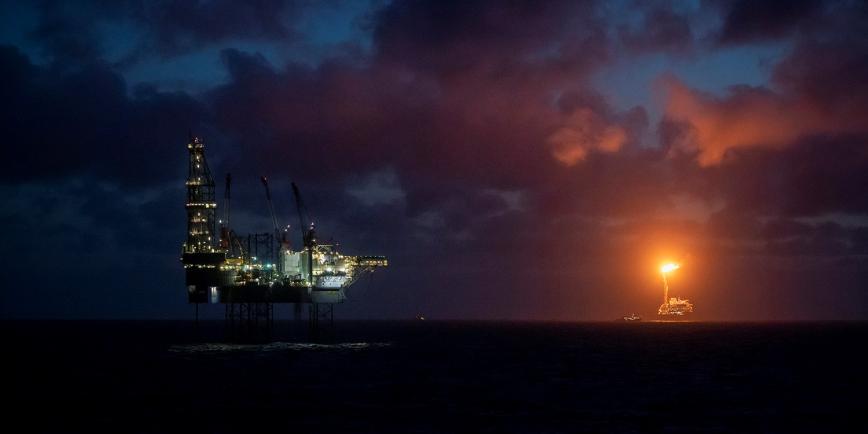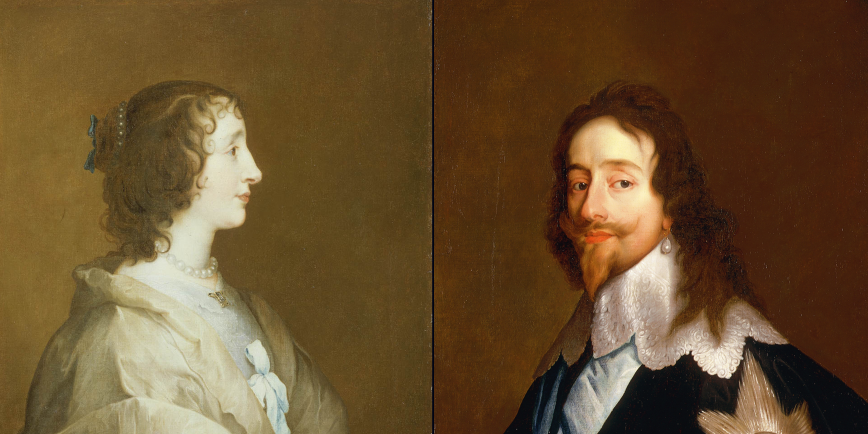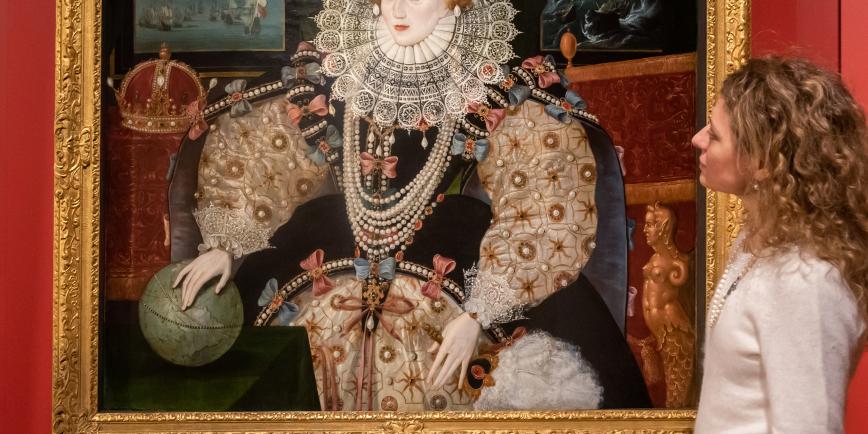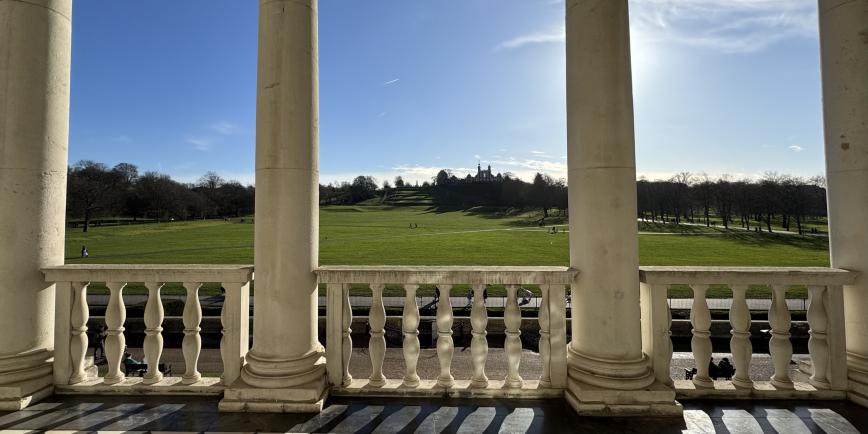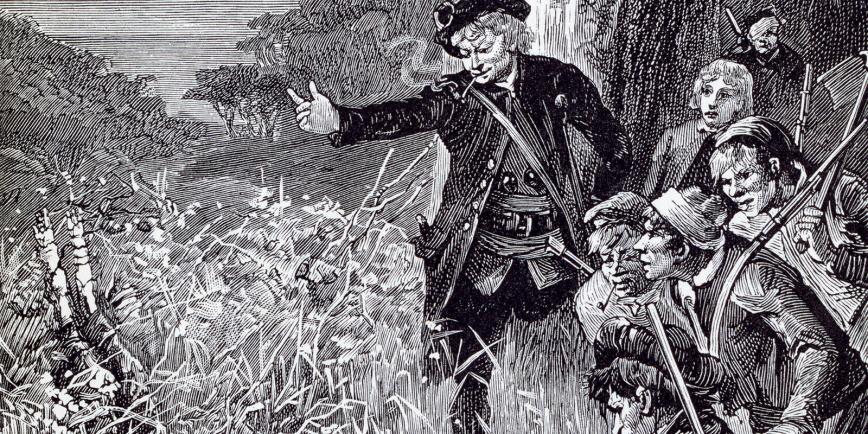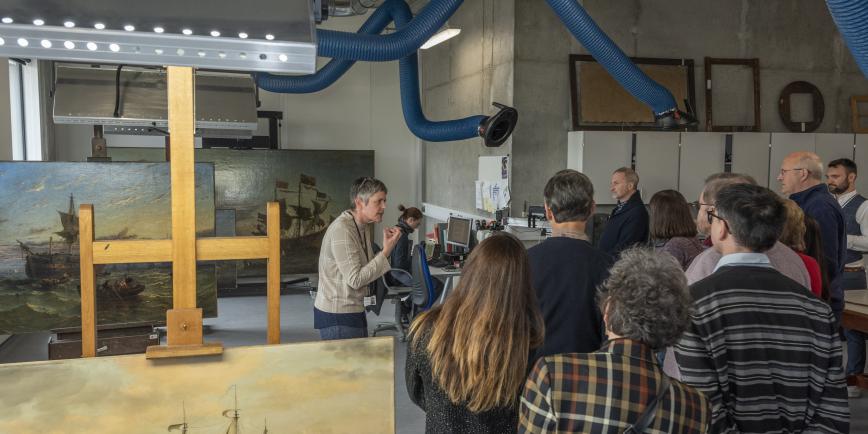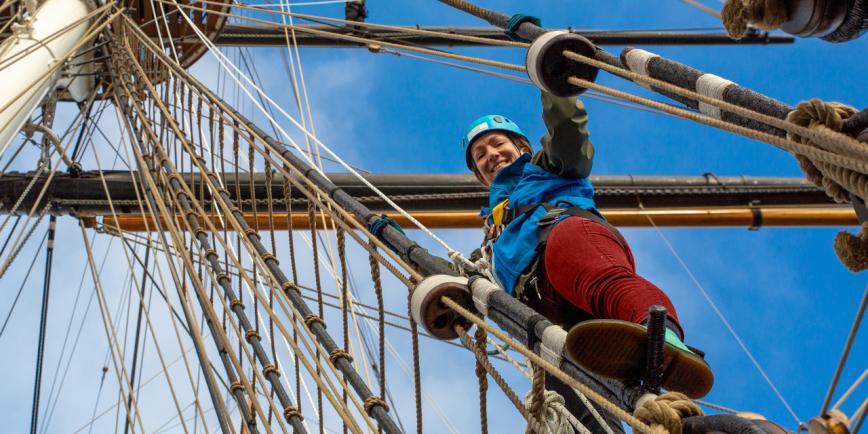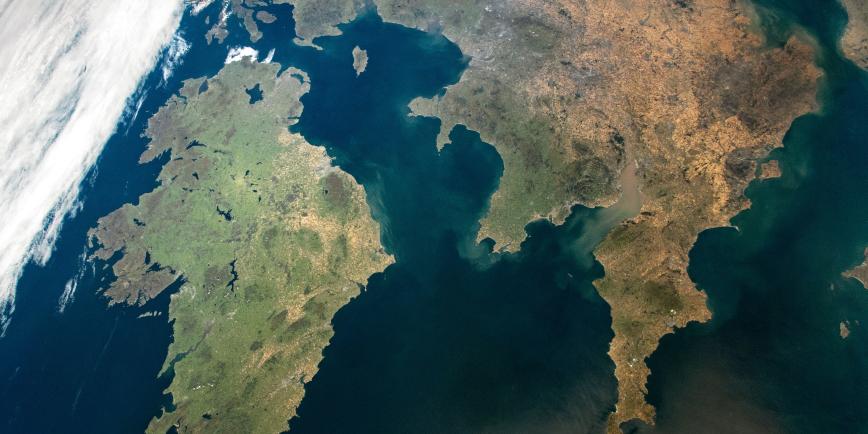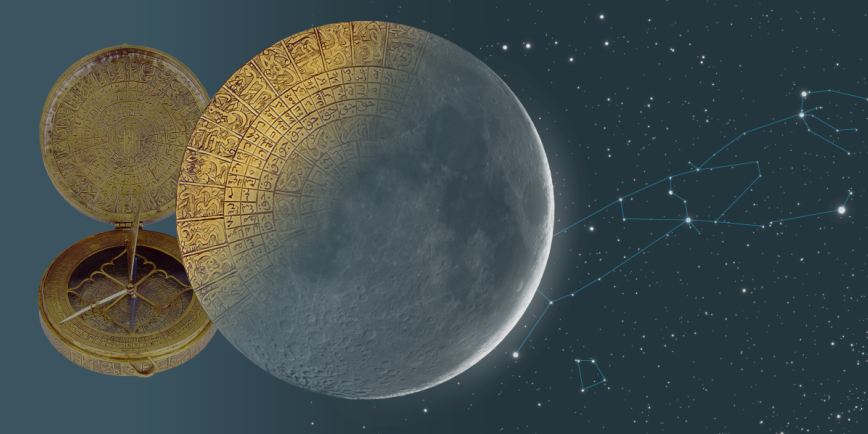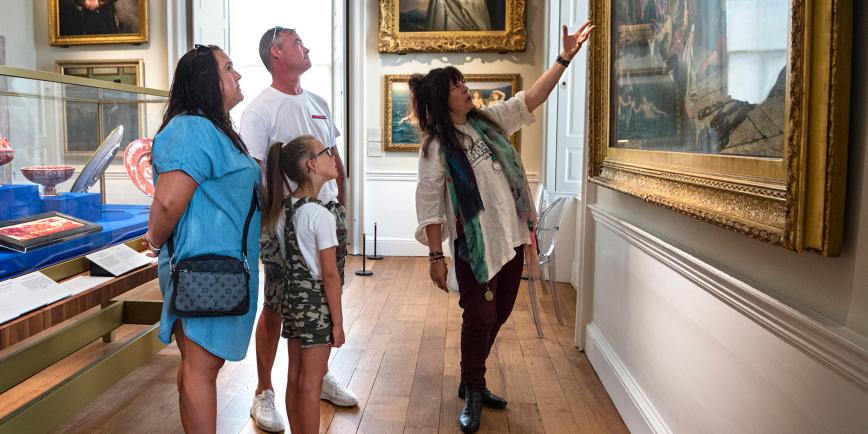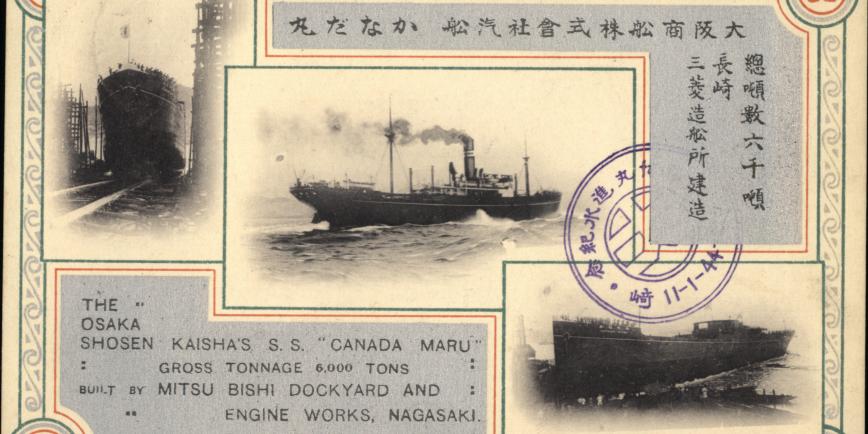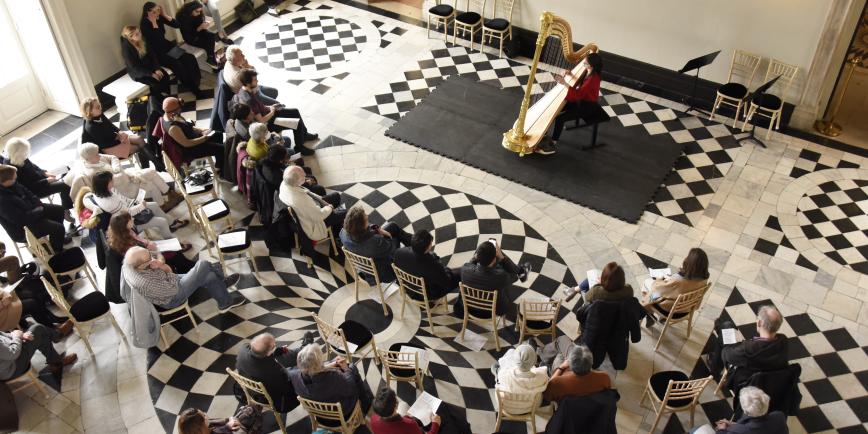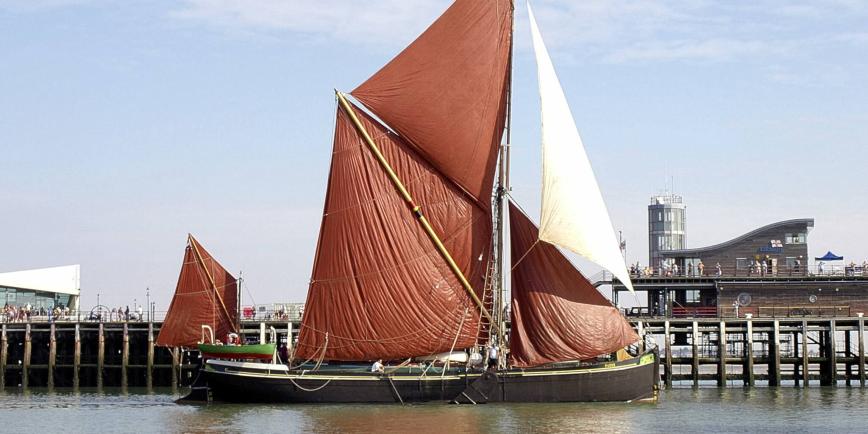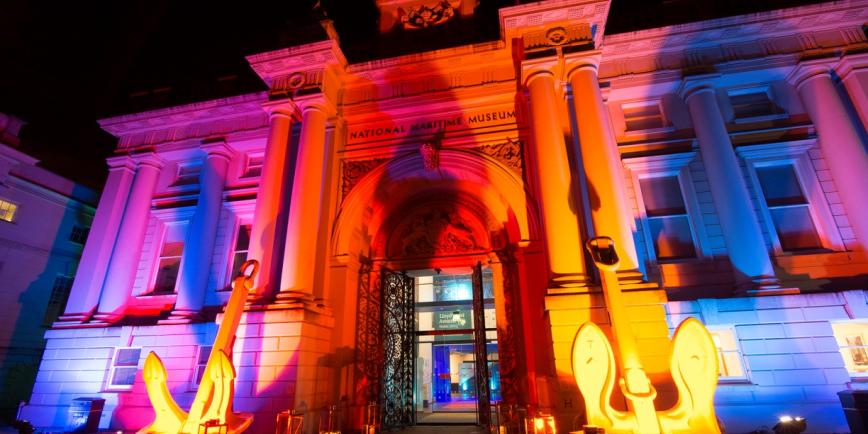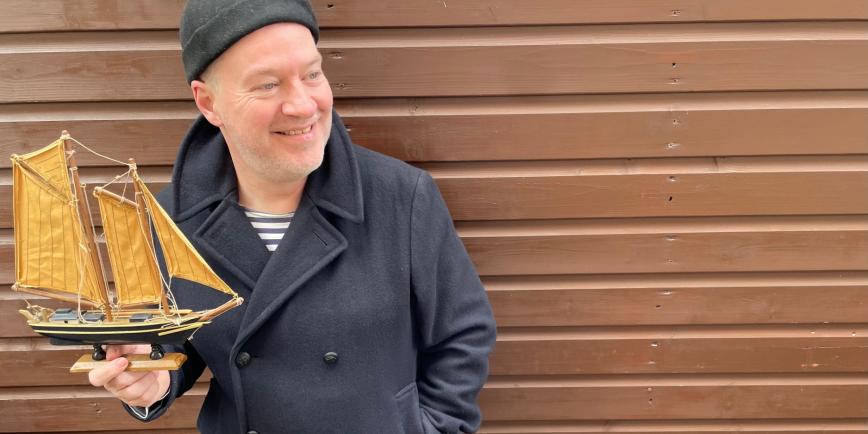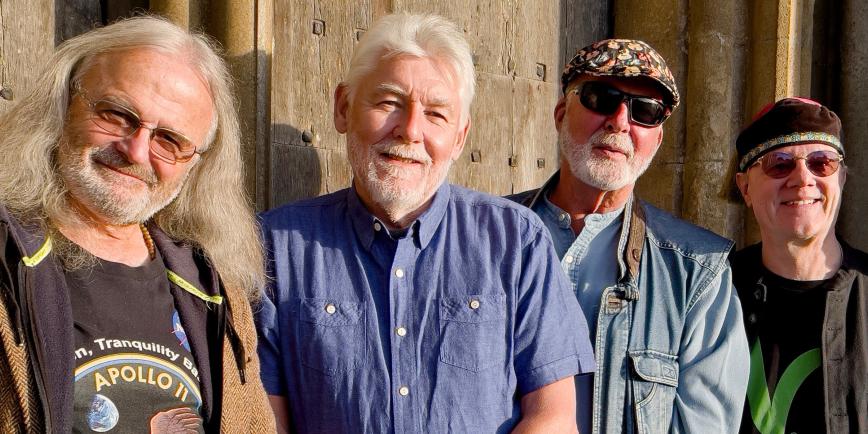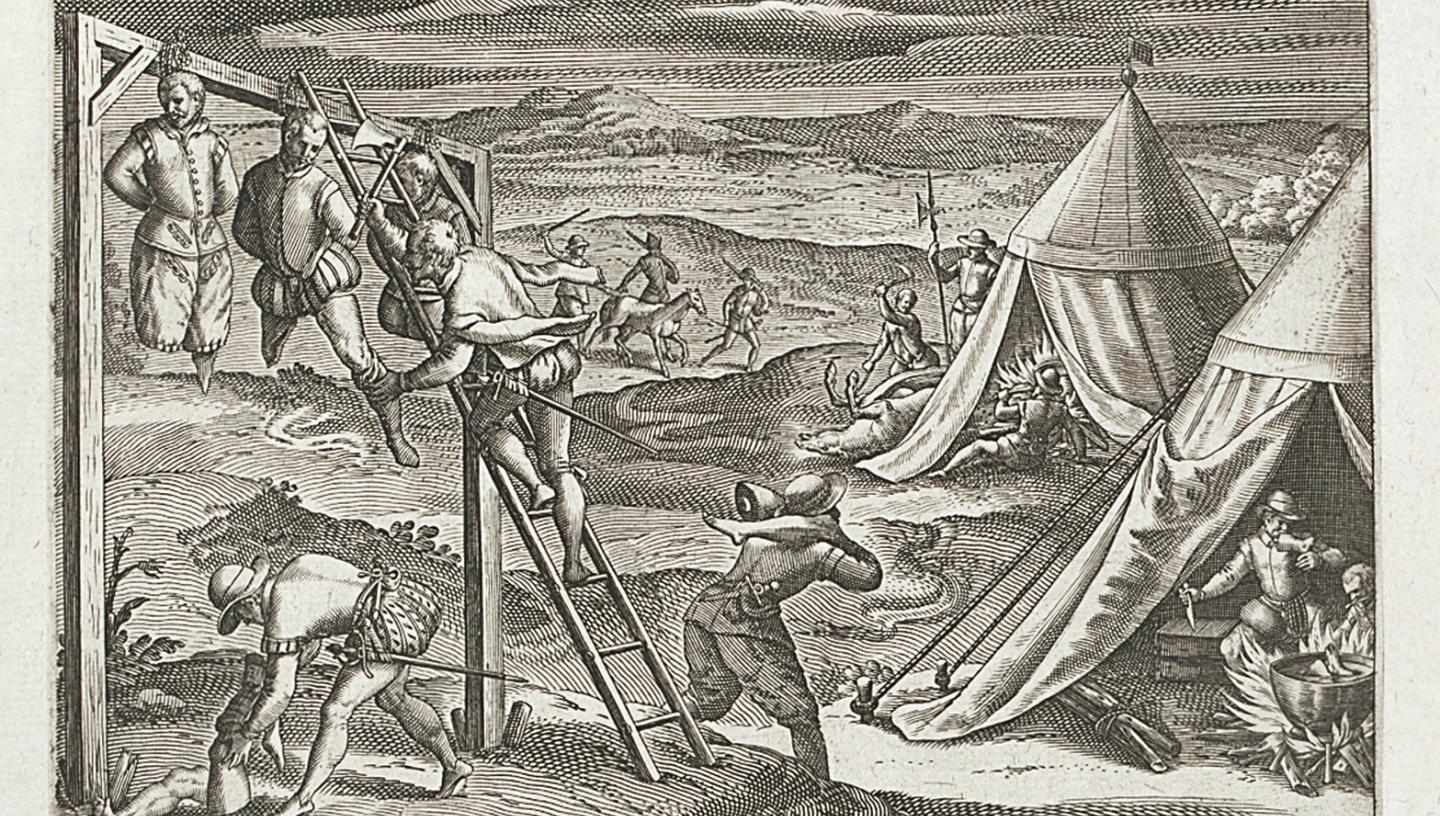
Essential Information
| Type | |
|---|---|
| Location |
Online
|
| Date and Times | Tuesday 8 November | 5.15pm - 6.30pm |
| Prices | Free |
Join us for a free online talk on a fascinating, if morbid, subject.
Early East India Company voyages to Asia and back were long and gruelling. Casualties and tensions mounted during the 2-3 years that these ships spent at sea. In an attempt to minimise disorder, the Crown granted the Company’s commanders the authority to employ martial law.
This meant they had powers most merchant captains could only dream of, including trying and executing offenders. Executions were traumatic events and those responsible were often hesitant to use the noose unless they deemed it absolutely necessary. Over half of those tried and convicted by shipboard juries were ultimately pardoned but others were less fortunate, being thought ‘morally irredeemable’.
Where and when did executions take place? What sorts of men were thought so depraved that they had to be executed even though ships were often desperate for manpower? What crimes did they commit? What relevant documents have survived in the archives?
Little has been published on executions at sea during the Elizabethan and Jacobean eras, making these East India Company cases very important. As Professor Cheryl Fury (University of New Brunswick) will show, the picture that emerges reveals much about early-modern capital punishment and the dynamics of the shipboard community aboard Company vessels.
Event Details
This event is free and open to everyone, and will take place via Zoom. There is no need to book; please click on the button below shortly before 5.15pm on the day.




